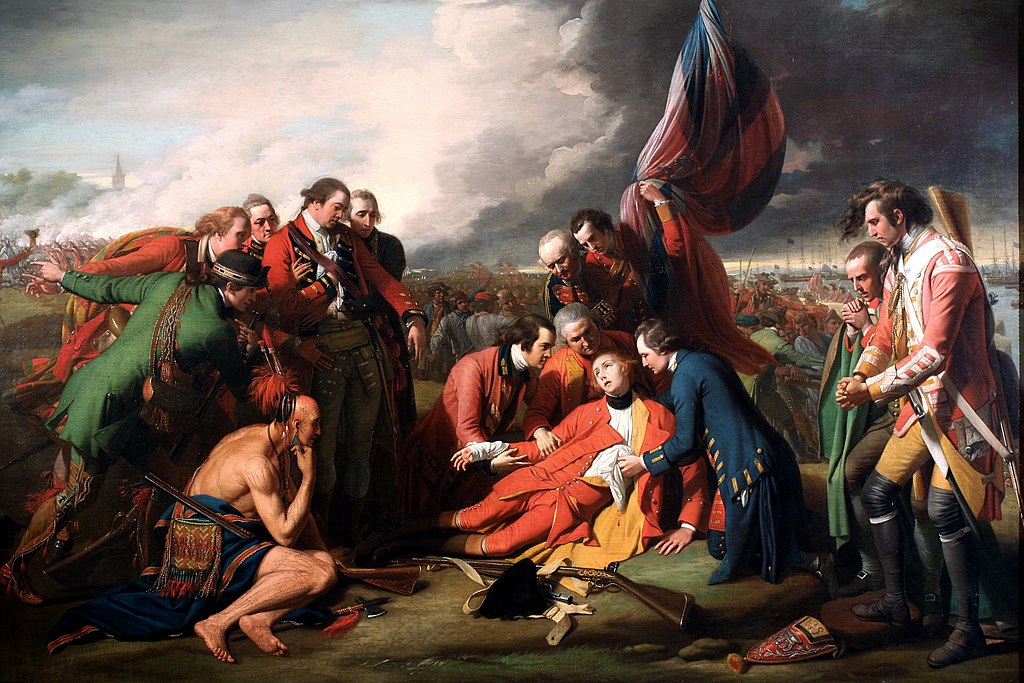The reality of the Civil W;ir prison camp has long .since gone from Ii u man knowledge, The camps themselves have vanished, although in a few places there are quiet parks to mark their sites, each with a cemetery: thousands of men died. North and South, in those camps, and the headstones are there as reminders. Rut the names that once were so terrible, Andersonville and Elmira, Libby and (lamp Douglas and the rest, are just Civil War names now, out of a past that no one really remembers.
The reality of the Civil W;ir prison camp has long .since gone from Ii u man knowledge, The camps themselves have vanished, although in a few places there are quiet parks to mark their sites, each with a cemetery: thousands of men died. North and South, in those camps, and the headstones are there as reminders. Rut the names that once were so terrible, Andersonville and Elmira, Libby and (lamp Douglas and the rest, are just Civil War names now, out of a past that no one really remembers.

